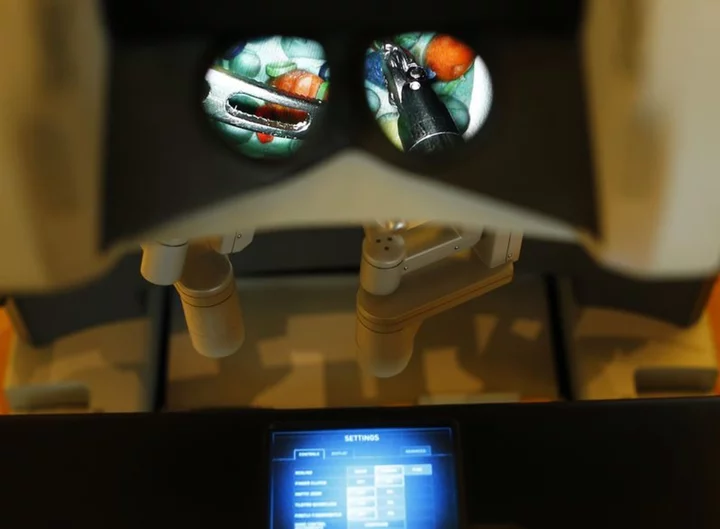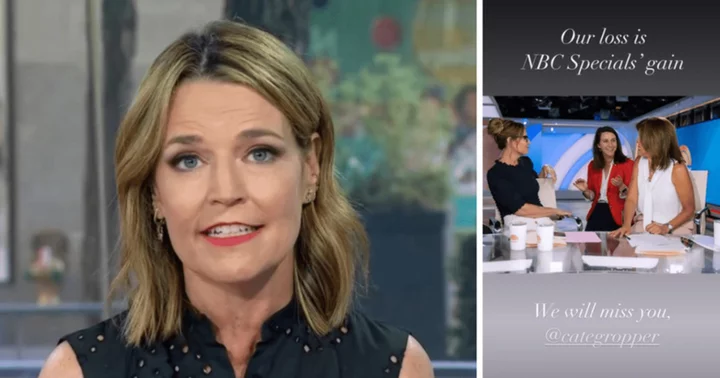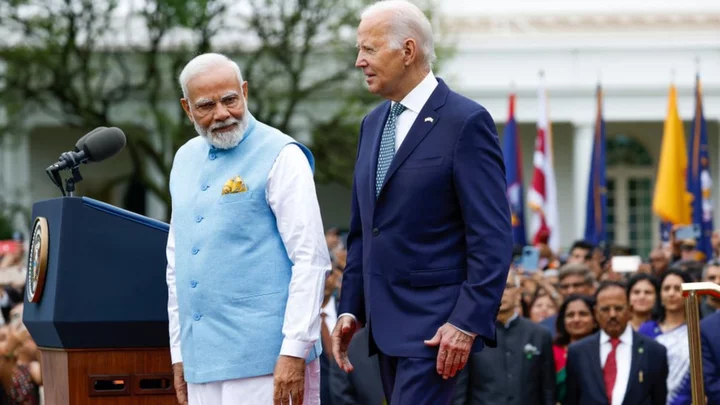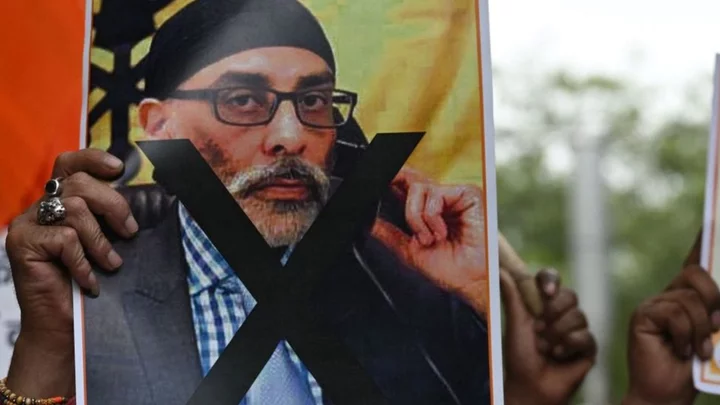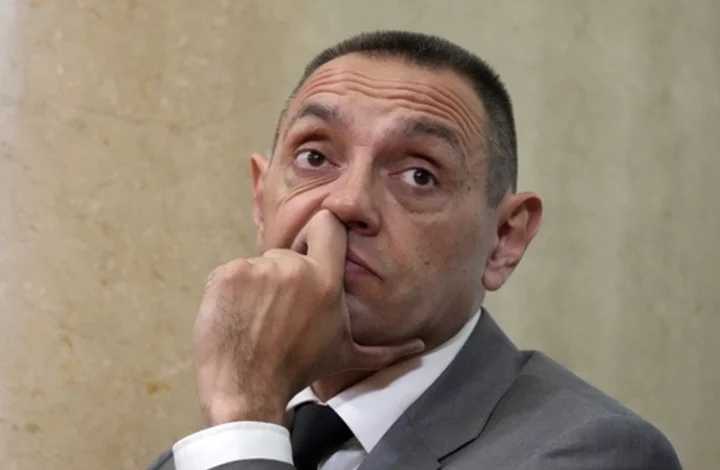By Manas Mishra
The rising popularity of highly-effective obesity drugs is weighing on demand for robot-assisted bariatric surgeries, top surgical robots maker Intuitive Surgical said late on Thursday.
The company's shares fell 4.5% to $332.2 in premarket trading on Friday, with at least five analysts attributing the drop to lower-than-expected growth in procedures that use its devices.
"Within one of our target procedure areas, bariatric surgery, our growth rate in the U.S. slowed during the quarter. Some customers have indicated that they are seeing increased patient interest in weight-loss drugs," CFO Jamie Samath told investors late Thursday.
Total procedures using the company's robotic devices rose 22% in the second quarter, compared with investor expectations of between 23% and 24%, said analysts with brokerage Truist Securities.
"The only number that investors seem to care about is procedure growth, which slowed to 22% in 2Q," Evercore ISI analyst Vijay Kumar said in a note.
Intuitive's surgical robots are widely used in hospitals and others in a range of procedures such as bariatric, or weight-loss surgeries, and conditions of the digestive system, bladder and heart.
In contrast, demand has exploded for obesity treatments that helped in as much as 24% weight loss during trials.
More than half a dozen drugmakers are looking to tap the market, estimated to reach as much as $100 billion in a decade.
Novo Nordisk's Wegovy is already approved for use in obesity, while Eli Lilly's Mounjaro is widely expected to get regulatory nod by later this year.
The slowdown could be an "adjustment period" as the market adapts to the new drugs, Stifel analyst Rick Wise said.
"Our physician due diligence so far suggests that weight-loss drugs could ultimately expand the bariatric procedure market, as or if patients re-gain weight once treatment end," Wise said.
(Reporting by Manas Mishra and Pratik Jain in Bengaluru; Editing by Sriraj Kalluvila)

